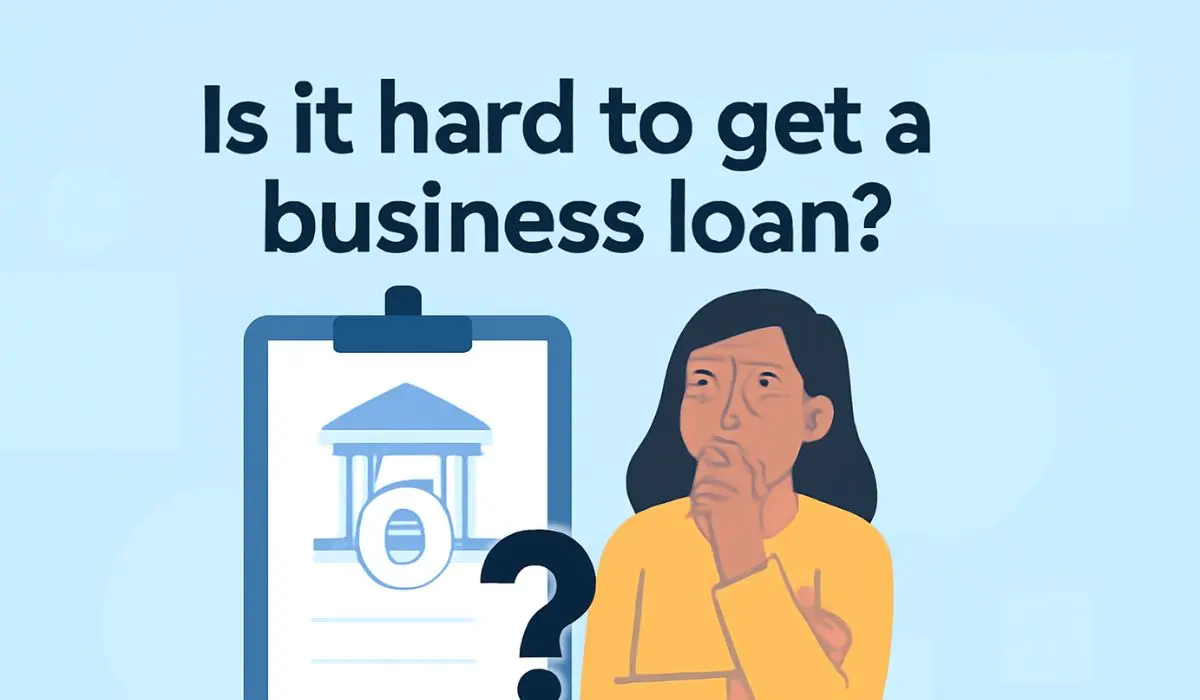Struggling with car payments or no longer needing your vehicle may lead you to wonder if someone else can take over your car loan. While it seems like a simple fix, transferring a car loan involves more than just finding someone to make the payments. Most lenders have strict policies regarding loan transfers, and many don’t allow it at all.
Even if they do, the process usually requires the new borrower to apply for a loan, undergo a credit check, and meet certain eligibility requirements. Additionally, there are legal and financial steps like transferring the car title, updating the registration, and ensuring proper insurance coverage, all of which can make the process more complicated than it might initially seem.
Can Someone Take Over My Car Loan?
Most lenders do not allow someone else to simply take over your car loan. This is because when a loan is transferred, it involves not only the car itself but also the legal responsibility of paying it off. However, in certain situations, lenders may allow a “loan assumption” where the new borrower takes over your loan. But this is rare.
Loan assumption means that the person taking over the loan must apply for a new loan and be approved by the lender. This process usually requires them to go through a credit check and meet the lender’s requirements for approval. Typically, only a few lenders allow this, and it often happens in cases like when a family member wants to assume the loan.
Reasons You Might Want to Transfer Your Car Loan
There are several reasons why you might want to transfer your car loan to someone else:
- Financial Struggles: If you’re finding it hard to make your car payments, transferring the loan to someone else can relieve you from the financial burden.
- Life Changes: Sometimes, life circumstances change. You may move to a place where you don’t need a car anymore or find that your car no longer fits your lifestyle.
- Selling or Trading the Car: If you’re selling your car, the buyer might take over the loan if the lender allows it. However, the buyer must be approved by the lender and apply for their own loan to pay off your existing loan balance.
- Avoiding Repossession: If you’re at risk of having your car repossessed, transferring the loan might be a good way to avoid defaulting on the loan, as repossession will damage your credit score.
How to Transfer a Car Loan (If Possible)
If your lender allows it, here are the steps to transfer your car loan to another person:
Step 1: Check Your Loan Agreement
The first step is to review your loan agreement. Look for any clauses that mention loan transfer or loan assumption. If the agreement allows this, you can proceed. If it doesn’t, you’ll need to consider alternatives like selling or refinancing the loan.
Step 2: Contact Your Lender
Once you’ve confirmed that your loan can be transferred, reach out to your lender. Ask for details about the process, any associated fees, and the rules around transferring the loan. They will also inform you if there are any restrictions on who can take over the loan.
Step 3: Have the New Borrower Apply
The person taking over your loan must apply for a new loan. This means they’ll go through a credit check, provide proof of income, and meet the lender’s requirements. The lender will review their application, and if they qualify, they’ll be approved for the loan.
Step 4: Transfer the Title
Once the loan is approved, you’ll need to transfer the car title to the new borrower. This step may involve visiting the DMV (Department of Motor Vehicles) to complete the necessary paperwork.
Step 5: Update Registration and Insurance
The new borrower must also update the car’s registration with their name and update the car insurance policy. Without these updates, the car cannot be legally driven on the road.
Alternatives to Transferring Your Car Loan
If your lender doesn’t allow you to transfer the loan or if it’s too complicated, here are some alternatives to consider:
- Selling the Car: If you sell your car, the buyer can take out their own loan to pay off your remaining balance. This is a simple solution, but if you owe more on the car than it’s worth, you’ll need to cover the difference.
- Refinancing the Loan: Refinancing your car loan means replacing your current loan with a new one, often with a better interest rate or different terms. You can refinance the loan in your name or apply with a cosigner to lower your monthly payments.
- Trading in the Car: If you’re looking for a more affordable car, trading in your current vehicle at a dealership can help you reduce your payments.
Risks and Things to Consider
Before transferring your car loan, keep these things in mind:
- Fees: There may be transfer fees, title transfer fees, registration fees, and insurance updates that add up. Make sure you know all the costs involved.
- Credit Impact: Both the original borrower and the new borrower could see a temporary dip in their credit score. The credit score could be impacted due to the credit check and changes in the loan status.
- Financial Burden: If the new borrower is a family member or friend, they may feel financial pressure from taking on the responsibility of your loan. Make sure the new borrower is fully prepared for this commitment.
Conclusion
Transferring a car loan is not always an easy process, and many lenders don’t allow direct transfers. However, if your lender does allow it, you’ll need to follow a few steps, including reviewing your loan agreement, applying for a new loan, and transferring the car’s title. If loan transfer isn’t an option, alternatives like selling the car, refinancing, or trading it in might be better solutions. Always speak with your lender to explore the best option for your situation.
FAQs
While it’s not common, some lenders allow someone to take over your car loan by refinancing it in their name. The new borrower will need to go through the application and approval process.
In most cases, you can’t directly transfer a loan to another person. However, the new borrower can apply for their own loan to pay off your car loan.
Yes, you can sell your financed car. However, the buyer will need to take out their own loan to pay off the remaining balance, and you may have to cover any difference if your loan balance exceeds the car’s value.
You cannot just add someone to your car loan. The new borrower must apply for their own loan to take full responsibility for the loan and car ownership.
Yes, transferring a car loan can temporarily impact your credit score, as both the original borrower and the new borrower may experience a small drop in their scores due to credit inquiries and changes in the loan structure.





